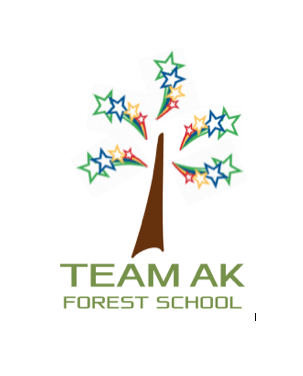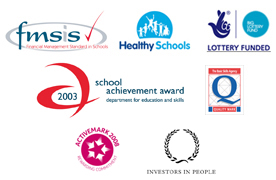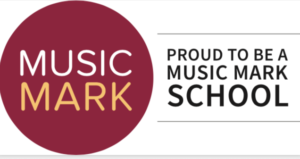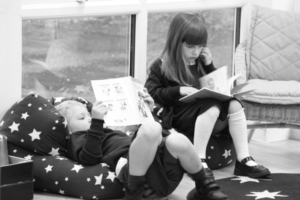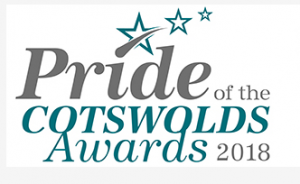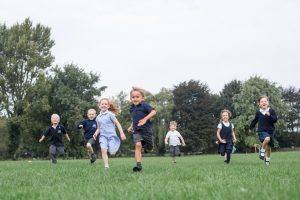Disadvantaged Learners
Ashton Keynes Primary School: Disadvantaged Learners 2022-2023
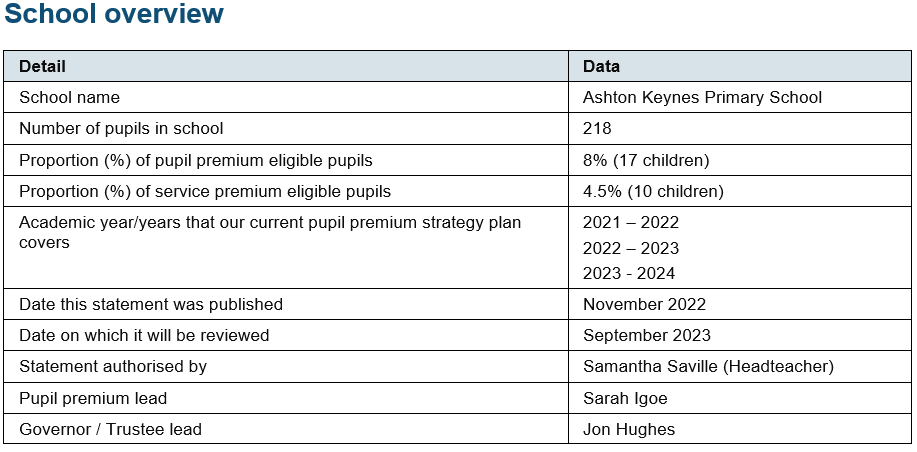
AKPS PP Strategy Statement 2021-2023
AKPS PP strategy statement Reviewed July 2022
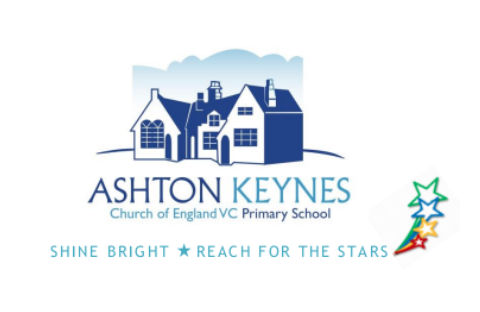
Who is the school’s Disadvantaged Learners Leader?
The school’s designated Disadvantaged Learners Leader is Miss Sarah Igoe. She is supported by Ms Jane Harrold, Teaching Assistant.
The roles and responsibilities of the Disadvantaged Learners Leader include:
- overseeing the day-to-day operation of the school’s Disadvantaged Learners policy
- co-ordinating provision for children in receipt of the Pupil Premium Grant (FSM, LAC & service)
- liaising with the relevant Designated Teacher for looked after pupils
- advising on the deployment of the school’s delegated budget and other resources to meet pupils’ needs effectively
- reviewing and monitoring the AKPS Shine Curriculum to ensure it effectively meets the needs of disadvantaged learners
- liaising with parents of disadvantaged pupils
- liaising with early years providers, other schools, educational psychologists, health and social care professionals, and independent or voluntary bodies as necessary
- being a key point of contact with external agencies, especially the local authority and its support services
- working with the Headteacher and school governors to ensure that the school meets its responsibilities for disadvantaged learners
- ensuring that the school keeps the records of all disadvantaged learners up to date
- writing and reviewing the school’s disadvantaged learners policy
- organising appropriate INSET/Staff meeting training for all staff
- completing relevant paperwork and monitoring progress of disadvantaged learners through regular liaison meetings with SLT, link governor and class teachers
- appropriate and timely interventions and tailored curriculum to support children not on track to meet their targets and monitoring the effectiveness of such interventions

Miss Sarah Igoe Ms Jane Harrold Mr Jon Hughes
PPG Lead Teaching Assistant PPG Link Governor

Pupil Premium Principles at Ashton Keynes
- We ensure that teaching and learning opportunities meet the needs of all of our pupils
- We ensure that appropriate provision is made for pupils who belong to disadvantaged groups, this includes children who are registered for free school meals (or have been in the past 6 years), looked after/in care or children from military families. Through rigorous tracking of pupil progress and observations of well- being, we allocate provision to ensure our pupils make the best progress they possibly can.
- In making provision for socially disadvantaged pupils or the other groups, we recognise that not all pupils who receive this grant will be socially disadvantaged.
- We reserve the right to allocate the Pupil Premium funding to support our pupils as we see fit and will justify this with progress reports for the children.
- Pupil Premium funding will be allocated following a needs analysis which will identify priority needs.
- We ensure high parental partnership and engagement in learning.
The range of provision includes:
- Class teacher small group work
- Dedicated focused sessions with the class teacher
- 1:1 or small group work with the class TA
- Specialised small group work with a TA
- Booster work with a HLTA
- 1:1 or small group work with the PP lead
- 1:1 tutoring with a teacher
- Subsidised music tuition
- 1:1 tuition to challenge and extend more able pupils
- Opportunities for more able pupils to attend Braeside (Able Gifted & Talented) AG&T courses funded by school www.braeside-education.co.uk/agt-courses
* All our work through the Pupil Premium Grant will be aimed at accelerating progress moving children to at least age-related expectations (ARE) and beyond. Initially this will be in English and Maths. This will also include children who are already working at or above age related expectations to maximise their progress.
Other ways the PPG pupils will be supported include:
- To employ additional teaching assistant hours to support disadvantaged learners
- To offer free or subsidised places at ‘Breakfast Club’ to PPG children to decrease lateness and attendance issues
- To subsidise PPG children’s participation in residential trips
- To provide ELSA (Emotional Literacy Support) sessions weekly to support pupils with low self-esteem or those not reaching the potential in their learning
- Speech and language therapy
- Counselling sessions
- Inspirational learning experiences
The predictions for the budget are based on interventions that have worked well for the previous academic year and our knowledge of what the children need.
After each assessment cycle, 3 times a year (November, February and July), the Pupil Premium Lead will monitor the progress of the children in receipt of the grant alongside the impact of each intervention to ensure the gap is closing.
We hold Pupil Premium strategy reviews in the week after each round of pupil progress meetings, Mrs Saville will be the reviewer, also attending will be the Pupil Premium Lead, the Business Manager and the Pupil Premium Ambassador (Governor).
As a school we aim to measure the impact of the Pupil Premium Grant in a number of ways:
- Through day to day assessments of the children’s work
- Regular target Tracker updates
- Pupil progress meetings where the PP lead is there to discuss the needs of these pupils and adjust provision accordingly
- Intervention monitoring
- PP learning walks
- Strategic review meetings with the Head teacher and the ambassador (governor)
- Weekly pupil premium updates from staff during staff meetings
Please note: A full breakdown of costing and impact of interventions is monitored termly
Pupil Premium report Autumn 2019-20






